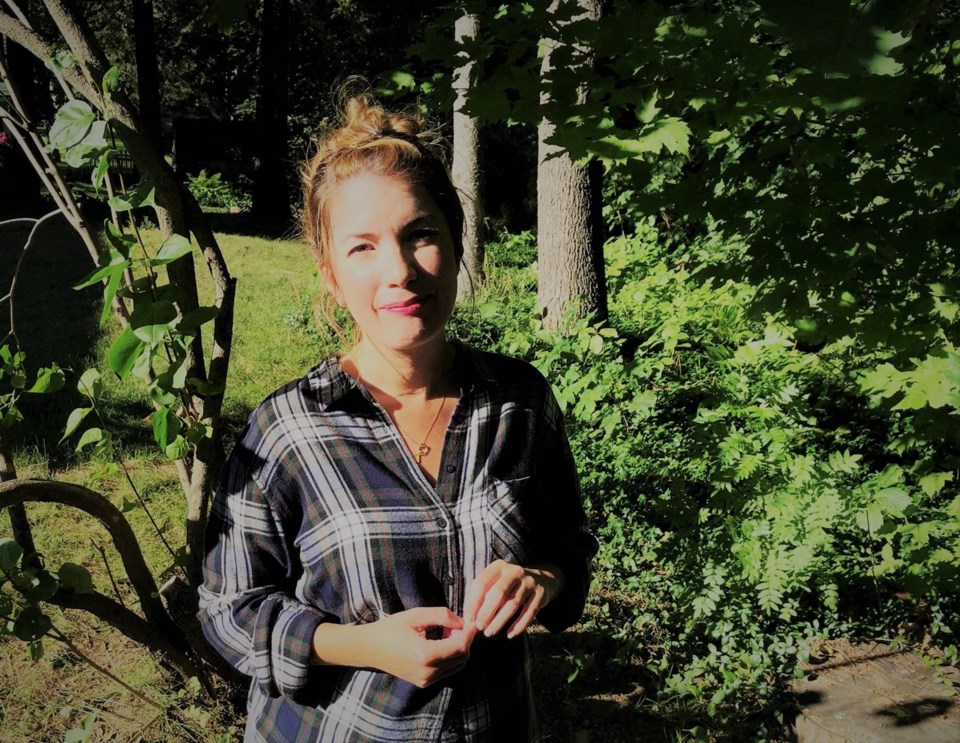A study by Natural Resources Canada shows fire suppression techniques used commonly for decades increase the chances of fire damage in Canada's Boreal Forest communities.
"In the last half century, Canadian forests have experienced changes in fire activity due to several natural and human factors: changing climate, human land use, fire management practices, etc," NRC says.
In a recent study published in Nature Communications, Natural Resources Canada Fire Researchers, including Sandy Erni, who is based in Sault Ste. Marie, investigated whether decades of aggressive fire suppression has actually reduced fire risk.
Each year in Canada approximately $1 billion is spent on forest fire suppression activities.
Their study finds that younger forests (less than 30 years) are usually less flammable than older forests, and a greater proportion of old forest near communities may inadvertently increase the risk of wildfires.
Researchers conducted their study by comparing the percentage of recently burned forests within a 25 km radius of communities to the percentage beyond that distance, farther away from communities.
Their analysis of 160 communities across Boreal Canada shows that many communities are more vulnerable to wildfires because they are surrounded by older and more flammable forests.
"It's a general problem but I would say that our study has focused on certain areas in Canada where boreal forests are prominent," Erni said.
"In certain cases where we have very, very large fires we don't need to suppress fires but we can have huge issues with the smoke. We see that, I think, every year," Erni added.
"You know, smoke can really Impact the communities too."
Erni says the study indicates "we need to emphasize the use of proactive mitigation strategies to compliment the fire suppression system."
"Mitigation is going to depend on the region but there needs to be plenty of prevention programming so as to reduce the ignition potential of further territory."
She says even simple cleaning and pruning would help. But introducing of more deciduous trees in boreal forest communities (such as many in Algoma) is another step.
Erni also sees prescribed burning - strategically setting controlled fires - would also be good protection for our communities.
"This could be accomplished by doing a regular burn in spring and fall, a very small low intensity fire. We could also do a very large fire break to avoid large fires like we had in the previous summer (2019)," Erni said.
"Education is important but I will tell you that fire suppression had already changed a lot as far back as in the 70's and 80's.
"Since then, we have the suppression and we never question it. It is easier to take large measures. And right now other methods of mitigation are not proven at the scale of the country.
"We need the principle of having the appropriate response to each wildfire. We need to differentiate between the fires that we are going to suppress, versus the ones we are going to let burn for the benefit of the forest.
"To really think about the end game and make a complete assessment of each fire, we need to assess the ecological role of fire."
Erni said First Nations People have always known this to be true and now mainstream Canadian society is recognizing it as well.
This study reaffirms the need for a more comprehensive approach to wildland fire management that focuses on not only protecting human life and property, but also includes preventing the continuity of older and highly flammable forests.
Erni concludes that little things we all do on our own properties, like keeping our yards clear and our roofs clean, can make a huge difference.
For the complete NRCAN study, click here
